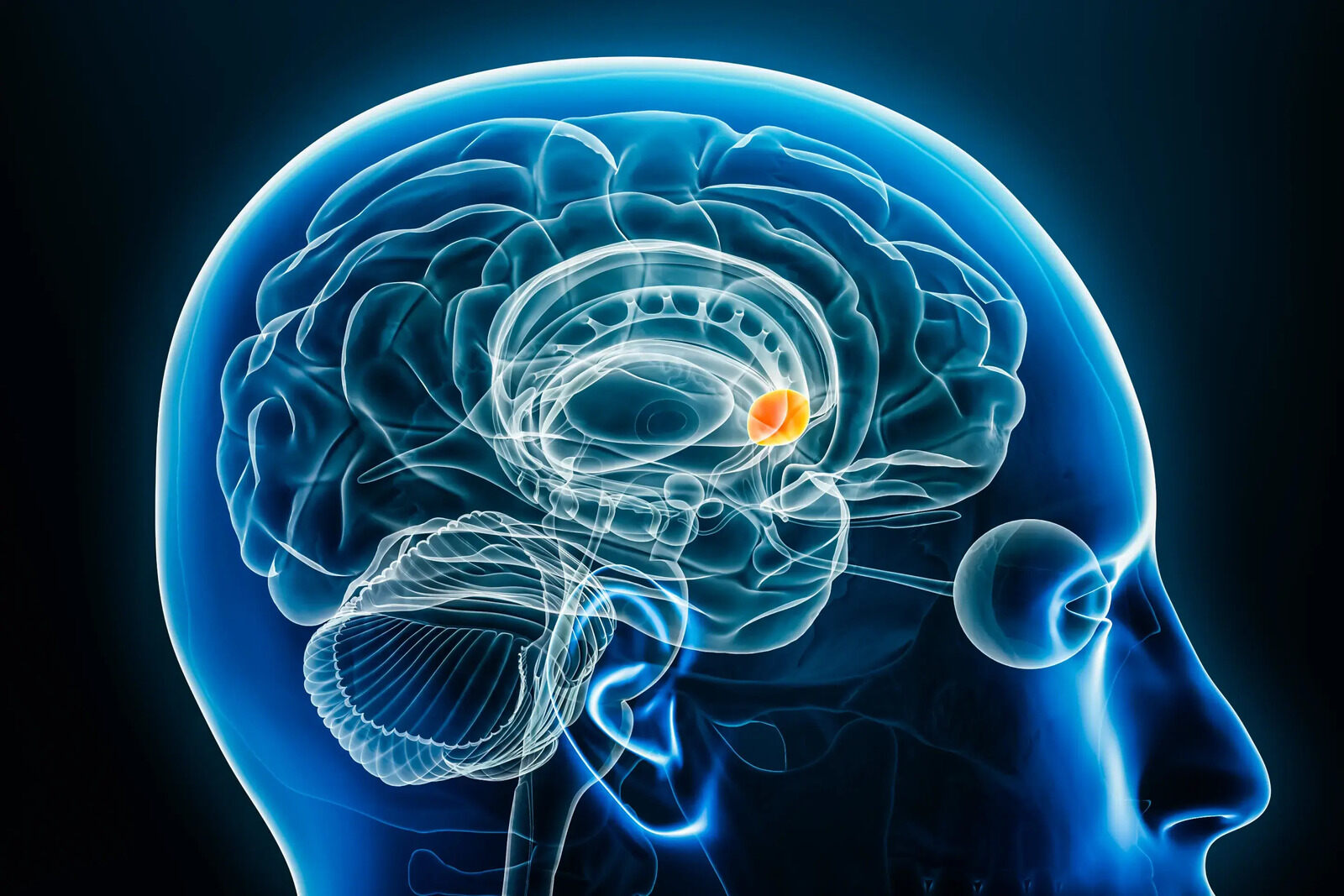
Dopamine is a chemical messenger in the brain that plays a key role in how we feel pleasure. It's involved in reward, motivation, memory, attention, and even regulating body movements. Ever wondered why you feel a rush of happiness when you achieve something? That's dopamine at work. This neurotransmitter is crucial for our mental and physical well-being. Without it, simple tasks would feel like climbing a mountain. Understanding dopamine can help us grasp why we crave certain activities or foods. Let's dive into 25 intriguing facts about this powerful brain chemical that influences so much of our daily lives.
Key Takeaways:
- Dopamine is a "feel-good" neurotransmitter that affects pleasure, movement, mental health, addiction, learning, sleep, diet, and relationships. It's like the brain's own happiness superhero!
- Foods, social interactions, and even love can influence dopamine levels, impacting our mood and behavior. It's like a magical mood potion that can be affected by what we eat and how we connect with others.
What is Dopamine?
Dopamine is a neurotransmitter, a chemical messenger in the brain. It plays a crucial role in how we feel pleasure, think, and plan. Let's dive into some fascinating facts about dopamine.
-
Dopamine is often called the "feel-good" neurotransmitter because it contributes to feelings of pleasure and satisfaction.
-
It is produced in several areas of the brain, including the substantia nigra and the ventral tegmental area.
-
Dopamine is involved in reward-motivated behavior. When you achieve something, your brain releases dopamine, making you feel good.
Dopamine and Movement
Dopamine isn't just about feeling good. It also plays a vital role in controlling movement.
-
Parkinson's disease is linked to low levels of dopamine in the brain. This causes symptoms like tremors and stiffness.
-
Dopamine helps coordinate smooth and balanced muscle movements. Without it, movements can become slow and uncoordinated.
-
Some medications for Parkinson's disease work by increasing dopamine levels or mimicking its effects.
Dopamine and Mental Health
Dopamine's influence extends to mental health, affecting mood, attention, and more.
-
Schizophrenia has been associated with high levels of dopamine activity in certain brain areas.
-
ADHD (Attention Deficit Hyperactivity Disorder) is linked to lower dopamine levels, affecting attention and focus.
-
Antipsychotic medications often work by blocking dopamine receptors to reduce symptoms of schizophrenia.
Dopamine and Addiction
Dopamine's role in reward and pleasure makes it a key player in addiction.
-
Drugs like cocaine and methamphetamine increase dopamine levels, leading to intense feelings of euphoria.
-
Over time, addiction can alter the brain's dopamine system, making it harder to feel pleasure from everyday activities.
-
Behavioral addictions, like gambling and shopping, also involve dopamine release, reinforcing the addictive behavior.
Dopamine and Learning
Dopamine isn't just about pleasure and movement; it also plays a role in learning and memory.
-
Dopamine helps reinforce behaviors by making us feel good when we learn something new or achieve a goal.
-
It is involved in the brain's reward system, which helps us remember what actions lead to positive outcomes.
-
Dopamine levels can influence how quickly and effectively we learn new information.
Dopamine and Sleep
Dopamine also affects our sleep patterns and overall alertness.
-
High levels of dopamine can make it difficult to fall asleep, as it promotes wakefulness and alertness.
-
Dopamine levels naturally decrease at night, helping us feel sleepy and ready for bed.
-
Certain sleep disorders, like restless legs syndrome, are linked to dopamine imbalances.
Dopamine and Diet
What we eat can influence dopamine levels, affecting our mood and behavior.
-
Foods rich in tyrosine, like cheese and almonds, can boost dopamine production.
-
Eating a balanced diet with plenty of fruits and vegetables supports healthy dopamine levels.
-
Excessive sugar intake can cause a temporary spike in dopamine, followed by a crash, leading to mood swings.
Dopamine and Relationships
Dopamine also plays a role in social interactions and relationships.
-
Positive social interactions can increase dopamine levels, making us feel happy and connected.
-
Romantic love is associated with increased dopamine activity, contributing to feelings of excitement and attachment.
-
Social bonding and trust are influenced by dopamine, helping to strengthen relationships.
Fun Facts about Dopamine
Let's wrap up with some fun and lesser-known facts about dopamine.
- Dopamine is not just found in humans; it is present in many animals, including insects and fish, playing similar roles in their behavior and physiology.
The Final Word on Dopamine
Dopamine plays a huge role in our lives. It impacts everything from mood to motivation. Understanding dopamine helps us grasp why we feel joy, excitement, or even stress. This neurotransmitter influences our daily actions and long-term goals. Knowing how it works can lead to better mental health and well-being.
Simple habits like regular exercise, a balanced diet, and enough sleep can boost dopamine levels. Avoiding excessive stress and unhealthy habits also helps. If you suspect a dopamine imbalance, consulting a healthcare professional is wise.
In short, dopamine is more than just a chemical in our brains. It's a key player in our overall happiness and success. By paying attention to what boosts or depletes it, we can lead more fulfilling lives. Keep these facts in mind, and you'll better understand yourself and others.
Frequently Asked Questions
Was this page helpful?
Our commitment to delivering trustworthy and engaging content is at the heart of what we do. Each fact on our site is contributed by real users like you, bringing a wealth of diverse insights and information. To ensure the highest standards of accuracy and reliability, our dedicated editors meticulously review each submission. This process guarantees that the facts we share are not only fascinating but also credible. Trust in our commitment to quality and authenticity as you explore and learn with us.
